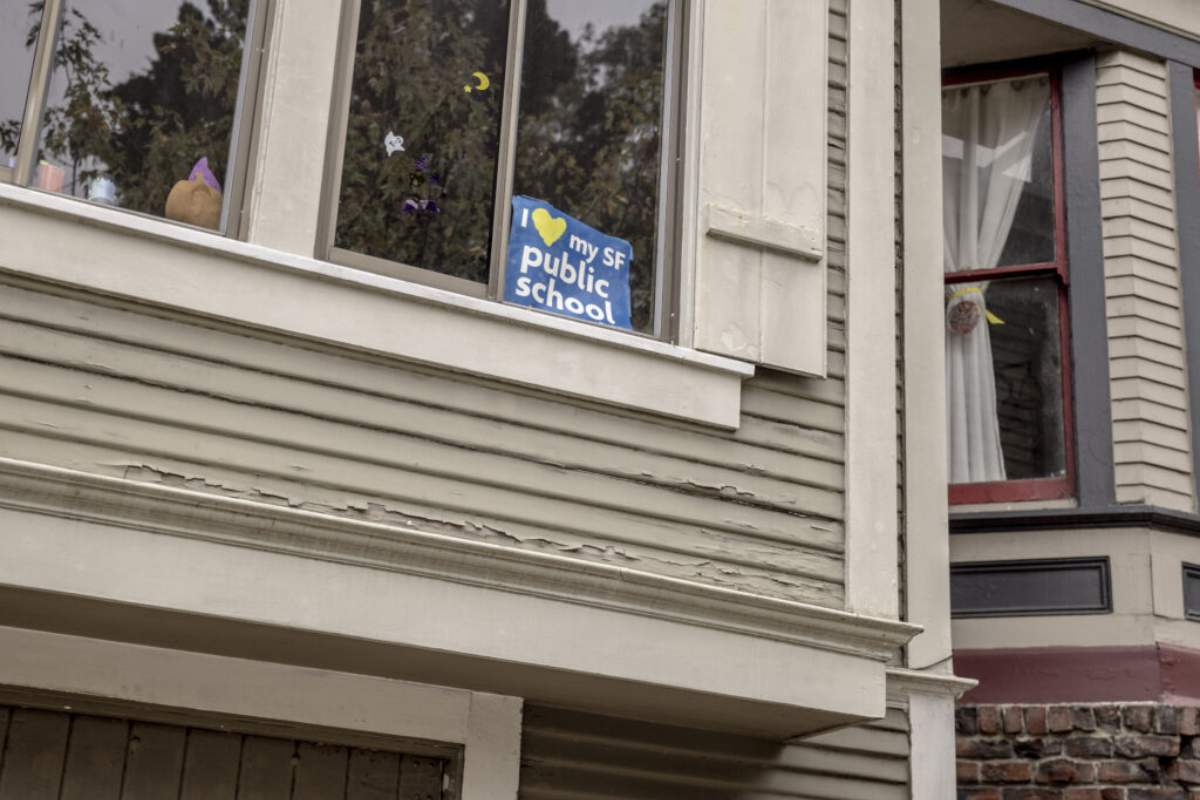Source-The Texas Tribune
Texas education leaders have unveiled a proposed elementary school curriculum that integrates teachings from the Bible into state reading and language arts lessons. This initiative, championed by Texas Republicans, represents a significant step towards incorporating Christianity into public education. The Texas Education Agency (TEA) released thousands of pages of educational materials, available for public feedback, with potential implementation slated for August 2025 pending approval by the State Board of Education. Districts opting to adopt these materials could receive additional funding of up to $60 per student.
Controversy and Criticism
While TEA Commissioner Mike Morath touts the curriculum as grounded in cognitive science research aimed at enhancing reading and math scores, it has sparked criticism and controversy. Concerns arose following reports from education news sites, such as The 74, revealing excerpts of lesson plans heavily referencing the Bible.
Allegations surfaced that a curriculum vendor, Amplify, withdrew from bidding after objections to the exclusive focus on biblical materials. Morath, however, contends that the curriculum encompasses multiple religions, though precise proportions of biblical references remain unspecified. Initial reviews of proposed state textbooks indicate significant inclusion of religious materials, drawing attention to concerns regarding the neutrality and appropriateness of content.
Texas found a devious way to get the Bible in front of elementary school students (Livestream)
Diverse Perspectives and Future Implications
As the debate unfolds, proponents emphasize a shift towards a classical liberal arts education model, aiming to bolster students’ vocabulary and background knowledge. Yet, critics like Mark Chancey, a religious studies professor, caution against potential pitfalls, such as presenting biblical narratives as historical facts rather than religious teachings. Amid broader Republican efforts to infuse conservative Christianity into public life, State
Board of Education Chair Aaron Kinsey vowed to advance Republican beliefs while opposing ideologies perceived as contrary. Despite assurances that the curriculum includes diverse religious content, concerns persist regarding its inclusivity and potential to marginalize certain faiths or secular perspectives. With the fate of the curriculum pending approval in November, stakeholders, including educators and policymakers, must navigate the delicate balance between academic enrichment and religious neutrality in public education.
Overall, Texas’ endeavor to integrate biblical teachings into elementary school education raises complex questions about the role of religion in public schooling and underscores the ongoing tension between academic standards, religious freedom, and cultural diversity. As the curriculum undergoes scrutiny and deliberation, its ultimate impact on student’s academic development and societal cohesion remains to be seen.
Also Read: Concerns Mount as Texas Education Agency Takes Oversight of Socorro ISD Operations










